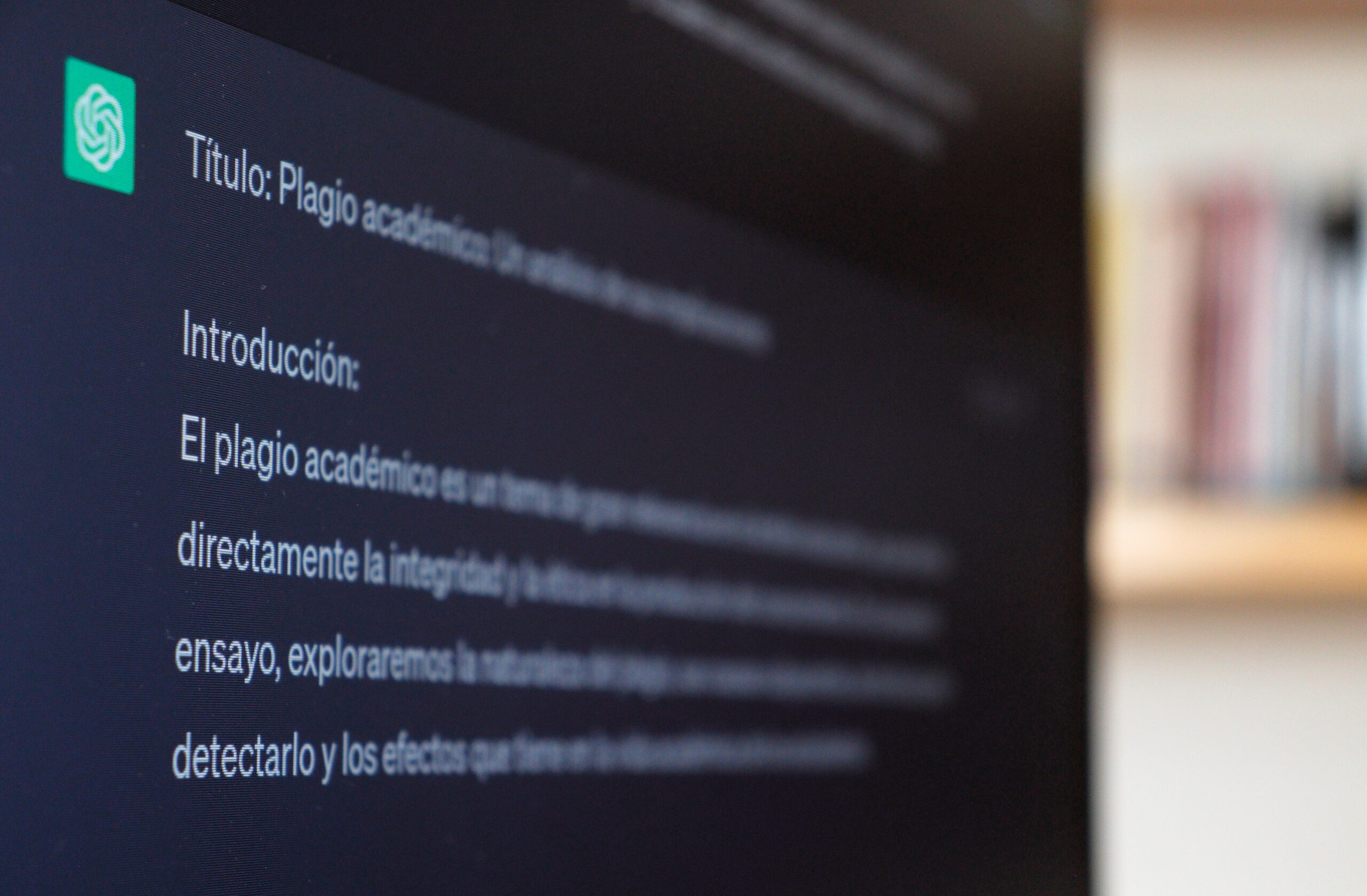
At the 59th session of the Human Rights Council Thursday, the United Nations (UN) Working Group on Business and Human Rights stated that the procurement and deployment of artificial intelligence (AI) systems by states and businesses must comply with international human rights standards, warning that failure to do so could lead to serious human rights violations.
UN experts noted a significant increase in the procurement and deployment of AI systems across the public and private sectors globally. They presented a report detailing the importance of adopting the UN Guiding Principles on Business and Human Rights as the foundation for AI regulation and cautioned that without an adequate regulatory framework and due diligence, the use of AI could adversely affect human rights, leading to discrimination, privacy violations, and free speech restrictions. Experts urged both public and private sectors to conduct human rights assessments regarding the impact of AI and ensure transparency and accountability in the event of violations.
Examining legal frameworks, experts observed that while some countries have enacted binding legislation on AI and its potential threats–such as the European Union’s Artificial Intelligence Act–the current regulatory framework remains fragmented and lacks uniform standards and definitions.
The report offered recommendations for integrating the UN Guiding Principles into the regulation, procurement, and deployment of AI by nations, businesses, and other stakeholders. For governing bodies, the UN group recommended implementing a legal and policy framework on AI that adheres to a human rights approach. This includes prohibiting AI systems incompatible with human rightssuch as those used for mass surveillance, real-time facial recognitionand predictive policing. Additionally, states should promote cooperation in AI governance and ensure representation countries in the Global South. In cases of human rights abuses, experts advised states to provide access to judicial and non-judicial remedy mechanisms.
For businesses, the UN experts emphasized the importance of conducting rigorous human rights due diligence and establishing accessible grievance mechanisms for individuals affected by AI-related abuses.
The rapid evolution of AI and its benefits have led to its widespread use in various fields, including defense and communication. However, this utility comes with serious challenges regarding the impacts of AI on the rule of law, ethicsand human rights. In April, UN experts expressed concerns about the misuse of AI in armed conflicts and called for a slowdown in AI development. The UN High Commissioner for Human Rights also warned about the risks of weaponizing AI to spread disinformation and restrict press freedom.
These challenges have sparked debate about the potential harms AI can inflict on societies, including impacts on the judicial system, political opinions, information integrity, and personal data privacy. One proposed response to address these growing challenges is to create special regulations that enable effective governance of AI without impeding technological innovation.



